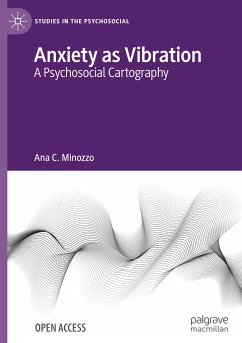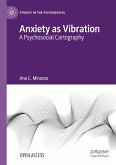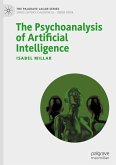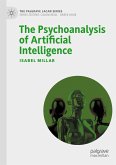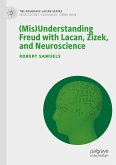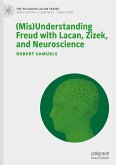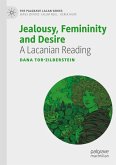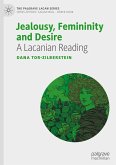This open access book draws on the work of Deleuze and Guattari alongside Lacan and Freud to offer a radical psychosocial survey of the status of anxiety. Taking a multidisciplinary approach, the book examines key issues in contemporary diagnosis and points towards possibilities for forging a more creative clinic. Departing from a feminist, non-Oedipal positioning towards psychoanalytic texts, the author invites art theory, medical humanities and philosophy into a conversation that seeks to answer the question: What can anxiety do?
Here, Ana Minozzo explores the possibilities of an encounter with the Real as a sphere of excessive affect in psychoanalysis, and terms this meeting a 'vibration'. Situating this enquiry within the art practice of Lygia Clark, the book utilises vibration as a conceptual artifice when considering affects, their ethical horizons and a psychoanalytic possibility for creating new ways of living. This book offers exciting new perspective on anxiety for students, clinical trainees, art and humanities researchers and practitioners and those interested in psychoanalytic ideas in general.
Here, Ana Minozzo explores the possibilities of an encounter with the Real as a sphere of excessive affect in psychoanalysis, and terms this meeting a 'vibration'. Situating this enquiry within the art practice of Lygia Clark, the book utilises vibration as a conceptual artifice when considering affects, their ethical horizons and a psychoanalytic possibility for creating new ways of living. This book offers exciting new perspective on anxiety for students, clinical trainees, art and humanities researchers and practitioners and those interested in psychoanalytic ideas in general.

